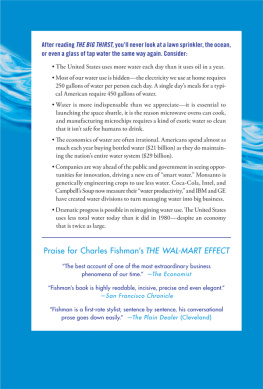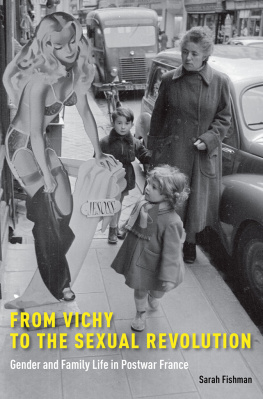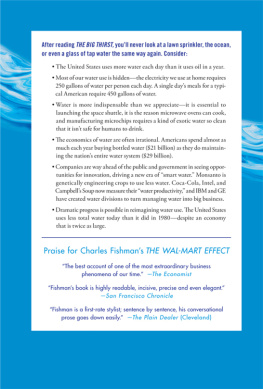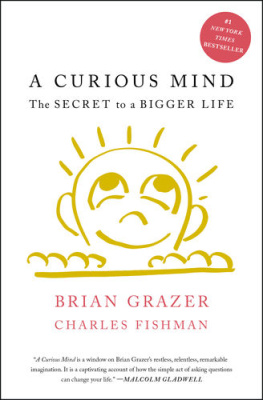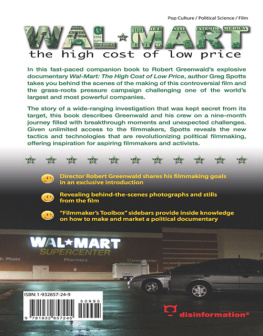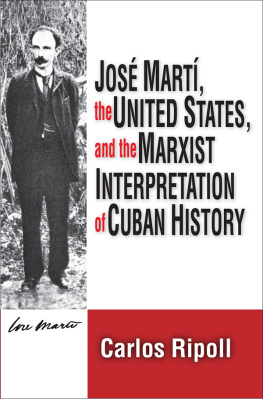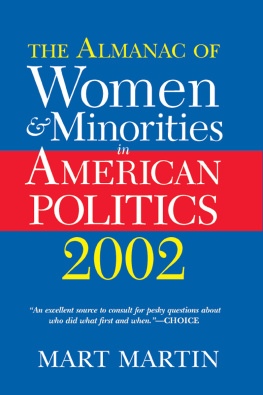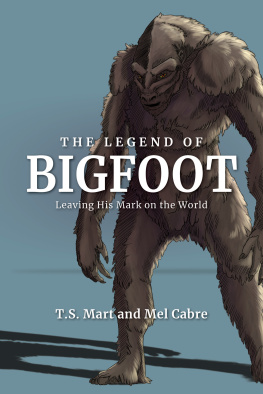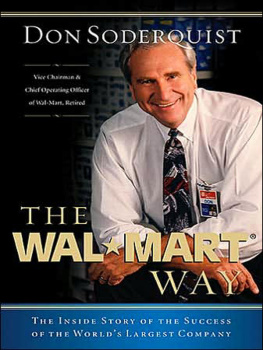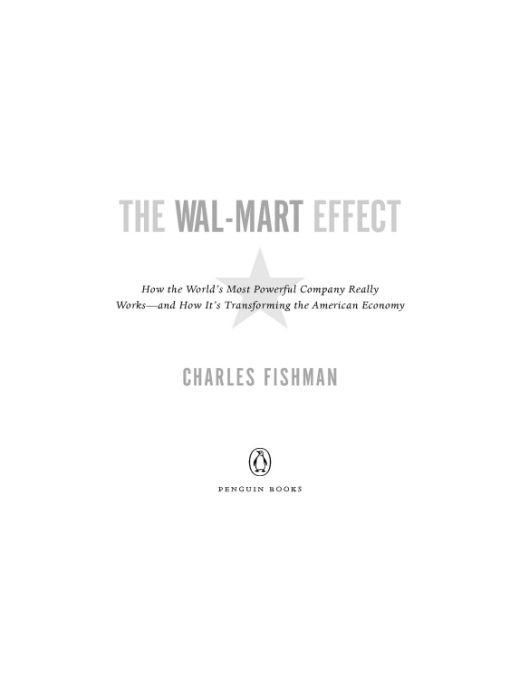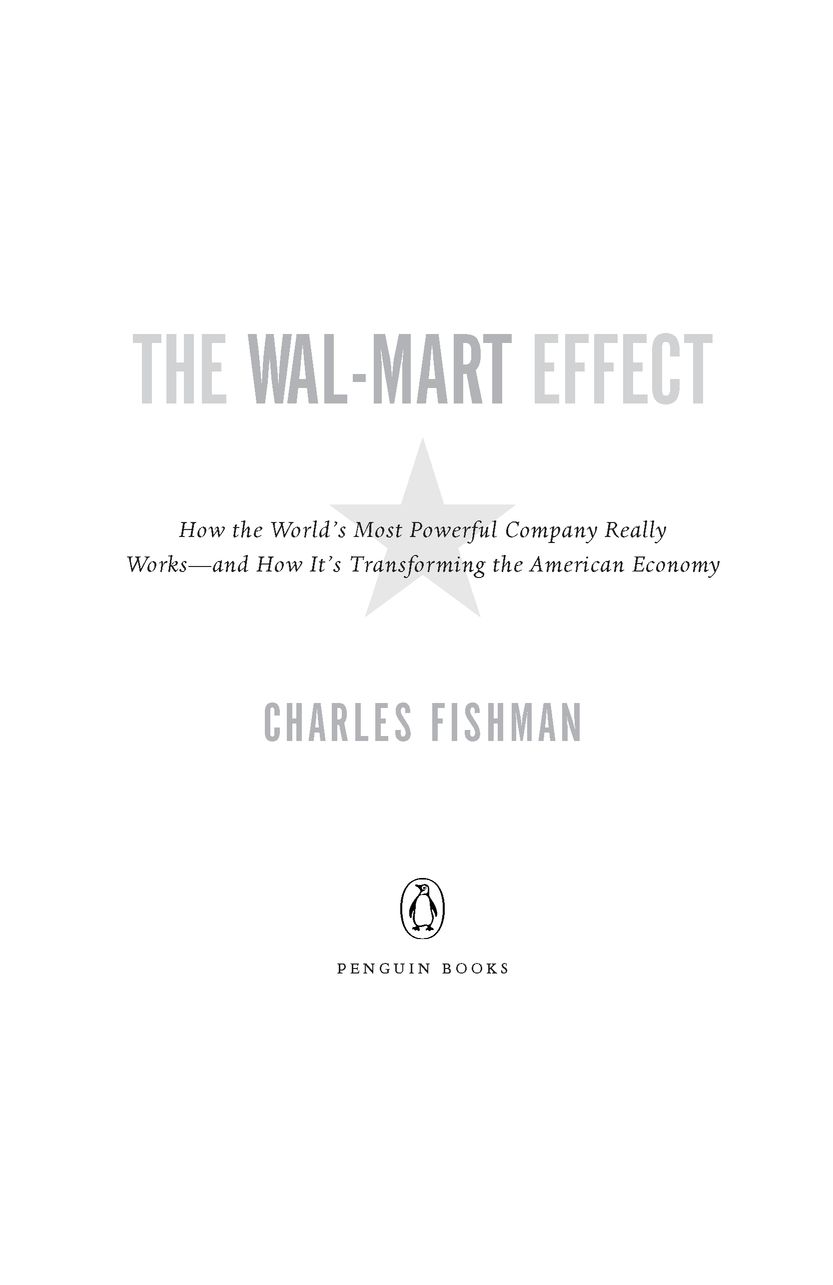Table of Contents
Glowing reviews for The Wal-Mart Effect
The strength of Fishmans work is in the stories about the lives that Wal-Mart has touched, set against the backdrop of an astounding array of data.
USA Today
Never flinching.
US News & World Report
The Wal-Mart Effect saunters through the influential economic ecosystem that the discount chain represents with clarity, compelling nuance, and refreshing objectivity.
The Christian Science Monitor
[A] painstakingly researched, solidly reported, incisive study. Wal-Mart is an easy target of polemicists, but Fishman doesnt join them.
The Philadelphia Inquirer
Fishman is relentless with mind-boggling facts and figures.
Milwaukee Journal Sentinel
A fascinating dissection of the most controversial corporation in America today.
The Baltimore Sun
[Fishman] wrestles with the question of whether it is a positive or a negative that the vast majority of American consumers buy at Wal-Mart.
The Seattle Times
The excellence of Fishmans bookwhether the reader is a Wal-Mart partisan, a Wal-Mart opponent or on the fencerests largely on the bedrock of his fascinating interviews.... Fishman is a first-rate stylist; sentence by sentence, his conversational prose goes down easily.
The Cleveland Plain Dealer
ABOUT THE AUTHOR
Charles Fishman is an award-winning investigative and magazine journalist who has spent the last twenty years trying to get inside, understand, and explain important organizations, from NASA to Wal-Mart. Three times in four years, he won the Gerald Loeb Award, the highest award for business journalism. The Wal-Mart Effect was chosen as a Book of the Year by the editors of Amazon.com, The Economist, and the Financial Times. Fishman, who started his career at The Washington Post, has also been a senior editor at the Orlando Sentinel and the News & Observer in Raleigh, and has written for Fast Company magazine since 1995. In reporting about Wal-Mart, he has visited 150 Wal.-Mart stores in twenty-eight states.
Fishmans most recent book is The Big Thirst: The Secret Life and Turbulent Future of Water. Read more at www.charles-fishman.com.
For a discussion and activity guide for students,
teachers, and book clubs, visit:
http://us.penguingroup.com/static/pdf/teachersguides/thewalmarteffectTG.pdf
For my mom and dad, Suzanne and Lawrence Fishman, who taught me the importance of asking questions, and listening closely to the answers
INTRODUCTION
HAS WAL-MART FOUND ITS SOUL?
We didnt need to tell our story better. We needed a better story.
H. Lee Scott, CEO of Wal-Mart, 20002009
DURING THE first five years that Lee Scott was CEO of Wal-Martfrom 2000 to 2005the companys performance and its reputation were going in opposite directions. Under Scotts soft-spoken leadership, a company that was already the second largest in the world nearly doubled its sales, and did double its profits. During those five years, Wal-Mart opened two hundred new U.S. supercenters a yearfour every week for 260 weeks.
But it was also during those five years that the crackling anger at Wal-Mart in the United States seemed to gain focus and volume and momentum. Every move by the company, every policy, every new store, was scrutinized and attacked. Two separate Washington-based organizationsWal-Mart Watch and Wake Up Wal-Martwere created to criticize Wal-Mart full-time.
Weve never heard what it felt like to be leading a company that was both singularly successfulsuccess built on its popularity with ordinary Americansand relentlessly vilified.
It was hard not to be defensive, says Scott. We were combative. We were of the mentality, Show us a little bit of animosity, and we can double it for you.
Scott was frankly at a loss how to blunt the attacks. In his frustration, he turned for advice to a leader skilled at moving forward, and remaining popular, despite withering criticism: President Bill Clinton.
I would call up President Clinton, and I would say, This so-and-so did this to us! And Im going to do this!
And he would sayhere Lee Scott does a dead-on, and very funny, impersonation of Clintons distinctive Arkansas drawl You know, Lee, you may want to think about a different approach.
Sitting in the living room of his home on the west coast of Florida, Scott is looking anything but combative. Its a Friday morning in late 2010, eighteen months after he turned over the Wal-Mart CEO job to Mike Duke, and Scott is relaxed, in khakis and an open-collared golf shirt, a days growth of gray stubble on his face. The floor-to-ceiling glass doors of the living room are open, and you can hear the waves and feel the breeze off the Gulf of Mexico. Scott is reflecting on the central struggle of his nine-year tenure running the largest company in human history: how to reconcile the way Wal-Mart sees itself with the way many outside see it.
The company, for instance, had set up a political campaignstyle war room to respond to criticismto get the facts out. But it slowly dawned on Scott that Wal-Mart wasnt a political candidate, and that responding to every criticism with waves of facts actually fed the attack. The response not only didnt deflate the criticism, it legitimized it.
It wasnt working, what we were doing, that was pretty obvious, says Scott. It didnt matter how many facts you told. People like the president said, Think differently about it.
Scott, whose conversations with Clinton began shortly after Clinton left office in 2001, has never before talked publicly about consulting the former president on how to transform Wal-Mart. Scott says he found that Clinton in particular has an incredible ability to understand the issues, and to understand alternative ways of moving forward.
With Clintons guidance, and with the help of Clintons lifelong friend and first White House chief of staff, Thomas Mack McLarty, Scott did something Wal-Marts senior leadership had never done before: He decided to stop ignoring the critics, or trying to out-shout them, and to listen to them instead. Scott decided to try to understand Wal-Marts opponents.
Over more than a year, dozens of people were invited to Bentonville. The meetings were shrouded in secrecy, to allow Scott and Wal-Mart executives to listen to even the companys sharpest critics, or to consult people whose perspectives were not part of Wal-Marts worldview. Panels of environmentalists and representatives of NGOs met with Wal-Mart managers. Al Gore went to Bentonville, as did distinguished Harvard biologist E. O. Wilson, the scholar Jared Diamond, and the Rev. Al Sharpton.
Mack McLarty, who had arranged an initial lunch between Lee Scott and Bill Clinton at the Clinton Presidential Library in 2002, convened a series of dinners and breakfasts for Lee Scott in Washington, the dinners hosted at McLartys own home.
The people involved were not all critics, says McLarty. They were people of political standing in Washington, former cabinet secretaries, former members of Congress.
What was it like for the CEO of Wal-Mart to sit and listen to hours of dissection of his companys practices?


